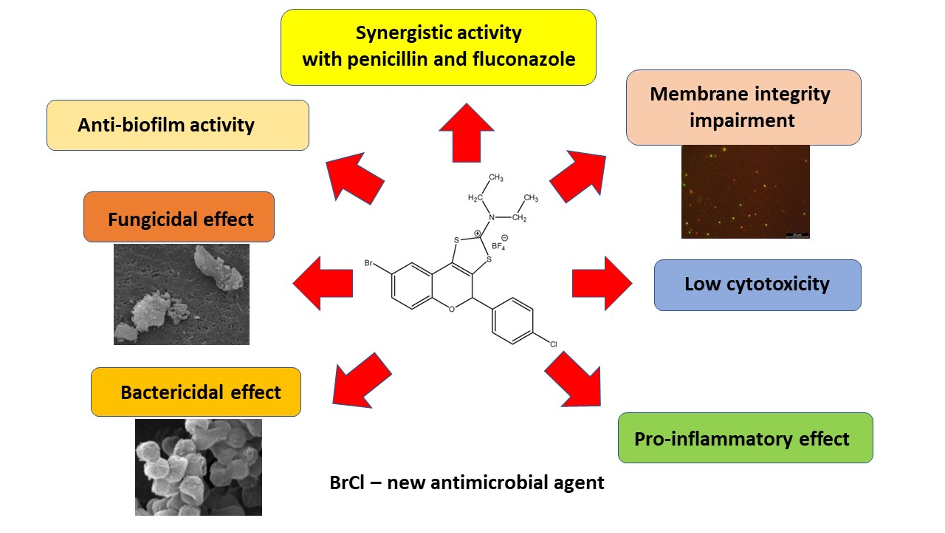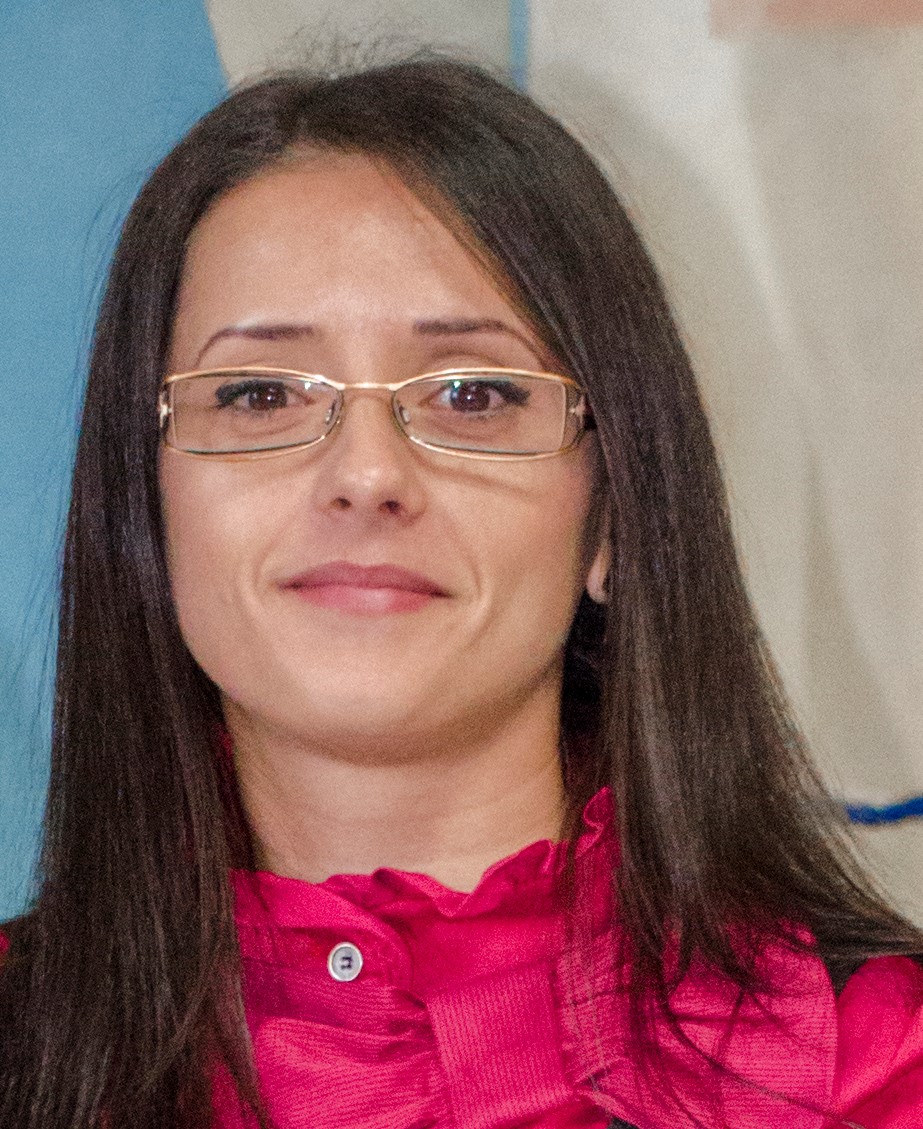Tricyclic
1,3-dithiolium flavonoids - New weapons to combat antibiotic
resistance
(TriSflav)
PN-III-P2-2.1-PED-2019-2235,
NR. 550PED ⁄ 2020
- Research project funded by the Ministry of Education and Scientific Research - Executive Unit for Financing Higher Education, Research, Development and Innovation (UEFISCDI), PNCDI III - P2 - Increasing the competitiveness of the Romanian economy through RDI, Subprogramme 2.1 - Competitiveness through research, development and innovation).
- Funding
amount - 600.000 lei (approx. 122,450
euro);
- Funding period - 24 months (26.10.2020 - 15.11.2022).
Project summary:
The
discovery of penicillin followed by the use of antibiotics
for the therapy of infectious diseases since the 1940s
represented one of the most important moments in the
evolution of modern medicine. However, a good number of
pathogens have developed resistance to antibiotics, raising
serious doubts about their efficiency in use. At present,
antibiotic resistance of pathogenic microorganisms is a
major concern of mankind, posing a serious threat to human
health and economic development worldwide. The alarming
spread of resistance along with the reduction of new
developed antibiotics significantly decreased therapeutic
possibilities, leading to increased mortality and morbidity.
Finding effective new molecules to keep pace with antibiotic
resistance is an important goal of current biomedical
research.
In this context, the TriSflav project aimed to validate
tricyclic synthetic flavonoids as effective antimicrobial
agents. During the project, four flavonoids having I, Br, Cl
and F as halogenated substituents at the benzopyran core
were synthesized and characterized. The synthetic flavonoids
were tested against bacterial (Staphylococcus aureus,
Streptococcus pneumoniae, Acinetobacter baumannii,
Enterococcus faecium and Escherichia coli,
etc.) and fungal (Candida albicans, C. krusei
and C. parapsilosis) clinically isolated strains,
with different antibiotic resistance profiles. The obtained
results showed that the tested synthetic flavonoids have
important bactericidal and fungicidal properties, the
antimicrobial activity being more important compared to
antimicrobials such as penicillin, gentamicin or
fluconazole. Antimicrobial effects are due to the fact that
flavonoids target the cytoplasmic membrane, affecting its
integrity and causing cell death. Furthermore, the proposed
flavonoids influence some factors involved in antibiotic
resistance or virulence. Thus, they show an important
anti-biofilm activity, inhibiting the formation of biofilms
or destroying mature microbial biofilms at low
concentrations. The synthetic flavonoids have a reduced
cytotoxicity at concentrations lower than 13.16 µg/ml and
possess a pro-inflammatory effect.
Finally, the project proposed the flavonoid BrCl as an
antimicrobial agent, with potential practical applications
as an antibiotic and antiseptic (against some resistant
strains of S. aureus, S. pneumoniae, A.
baumannii and E. coli); disinfectant, against
a wide spectrum of pathogenic microorganisms (including
ESKAPE group pathogens and Candida species)
resistant to antibiotics/antifungals.

Team |
Research |
Results |
Project members:
| Marius Ştefan, PhD, Project coordinator, Microbiology |
 |
| Lucian Mihail Bîrsa, PhD, Organic Chemistry |  |
| Marius Mihășan, PhD, Molecular Biology |  |
| Laura Sârbu, PhD, Organic Chemistry |  |
|
PhD Students |
|
| Mihaela Savu, Microbiology |  |
| Cristina Veronica Moldovan, Microbiology |  |
